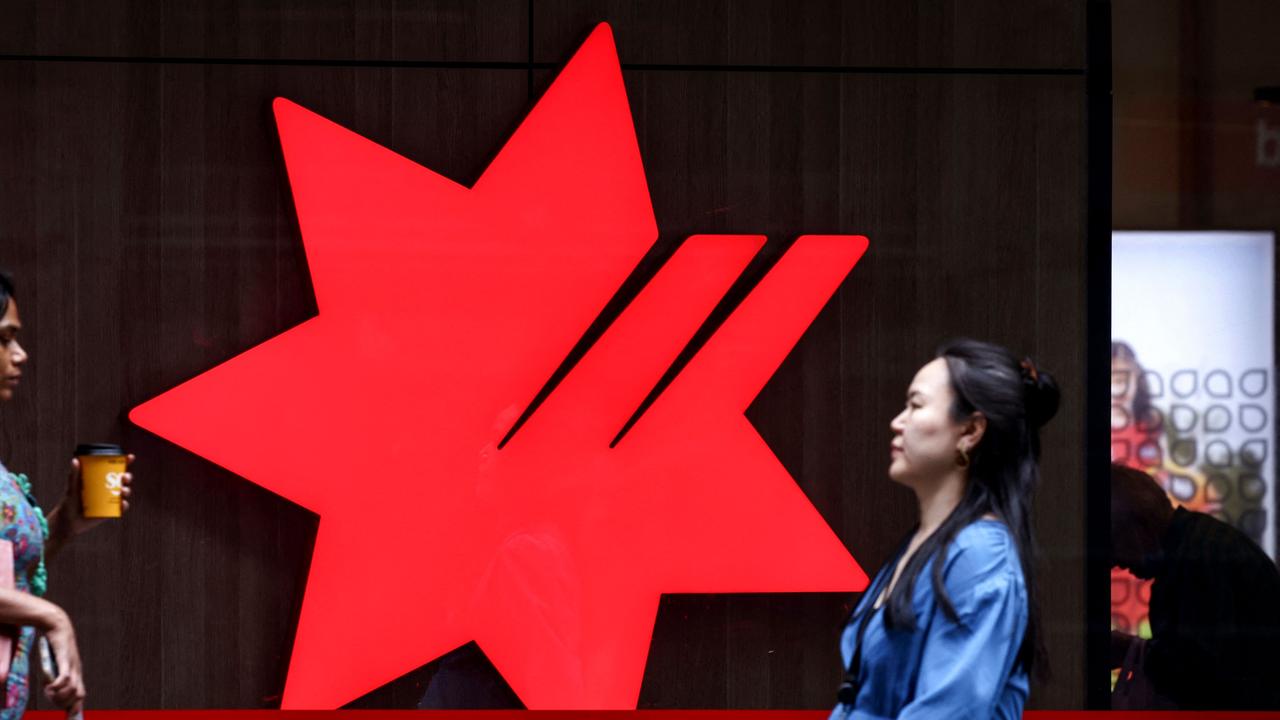New FIRB scrutiny slows mergers and acquisitions deals, says top corporate lawyer
Foreign Investment Review Board requirements targeting tax leaks by foreign investors adds friction to an already sluggish M&A environment, says Ashurst lawyer Anton Harris.

Business
Don't miss out on the headlines from Business. Followed categories will be added to My News.
New and “extreme” Foreign Investment Review Board requirements targeting tax leaks by overseas investors are adding material friction to an already sluggish M&A environment, according to a top corporate lawyer.
Following the PwC leaks scandal, which revealed partners were sharing confidential tax-related government information with clients overseas, the federal government has intensified its efforts to crack down on potential tax leakage.
But new conditions imposed by the government agency in charge of foreign takeovers over the past few weeks were making the FIRB examination process “extremely slow”, said Anton Harris, who jointly leads Ashurst’s local corporate transactions practice.
“FIRB is asking for all tax advice given to a sponsor in connection to a transaction, which is quite extreme in some respects,” he said.
“Some of our clients have been quite shocked by it. Any movement of capital out of Australia – they want to be all over it. ATO, FIRB, they want to know exactly what happens and why changes are being made to a structure, for example.”
The result, Mr Harris said, was a landscape where deals were taking much longer to be executed at a time when foreign investors were already cautious due to the surge in interest rates.
“It’s indicative of where FIRB and the government are going. And the ACCC is also very slow at the moment,” he said, referring to the competition regulator, which in August moved to block ANZ’s $4.9bn bid to buy Suncorp’s banking unit.
The new requirements come as investments from offshore investors face extra scrutiny and higher costs.
Last year, the Albanese government implemented laws that imposed hundreds of millions of dollars of extra FIRB fees, and increased stamp duties for foreign buyers of properties over $2m.

That followed the previous Coalition government’s implementation of stricter national security screening measures, including additional safeguards for agricultural investments and other sensitive assets.
At the time, the foreign investment regime overhaul was widely interpreted as a de facto ban on investments by Chinese investors, amid escalating tensions between the two countries.
Relations have slowly improved since then. Nonetheless the head of China’s international department, Liu Jianchao, on Tuesday told journalists in Sydney Chinese firms were “not sure” if they should invest in Australia.
Mr Harris did not say which M&A transactions were currently being impacted by the unprecedented scrutiny of tax matters, but did say that he expected the new focus would not be temporary.
A Treasury spokesmen did not respond to a request for comment.
“We consider the effects of foreign investment on the tax system as part of the national interest test,” a FIRB guidance note published in August says, explaining that it reserves the right to ask for either standard or additional tax conditions before a transaction can be approved.
The usual tax questions asked by FIRB before the new requirements were limited to knowing the name of the advisory firms and advisers for each deal. FIRB’s average processing time for approved commercial investment proposals in the three months to June was 36 days, its latest quarterly report shows.
That is down from 42 days in the March quarter, 38 in the December quarter and 44 days in the quarter ending September 2022.
Last July, the foreign investment watchdog blocked a bid by China-connected company Austroid to take control of one of Australia’s only in-production lithium mines, Bald Hill, owned by Alita Resources.
But the scrutiny is now expanding into tax-sensitive matters.
“There’s been a shift in focus of the government,” Mr Harris said. “I think that’s been triggered – and FIRB said this to us – by the government’s focus on tax avoidance for multinationals, including private equity.
“There’s probably been tax leakage over the years out of Australia and it’s a hot topic politically, and they want to really clamp down on it.”
The impositions come at an inopportune time, adding costs and delays to deals that are already scarce as geopolitical issues and particularly the rapid increase in interest rates over the past year have heightened bidder apprehension.
Year to date M&A volumes in Australia have plunged compared to last year, reaching their lowest level since 2019, Dealogic data shows. The $US8.5bn worth of transactions announced by financial sponsors so far this year is the lowest level in at least nine years, the data shows.
The extra scrutiny also comes at a time when Australia is competing with other countries to attract the huge amounts of foreign capital to invest in the energy transition.
Treasurer Jim Chalmers this month indicated that new investment incentives will form a big part of its next budget, in a new push to reach ambitious net-zero emission targets.
Originally published as New FIRB scrutiny slows mergers and acquisitions deals, says top corporate lawyer



